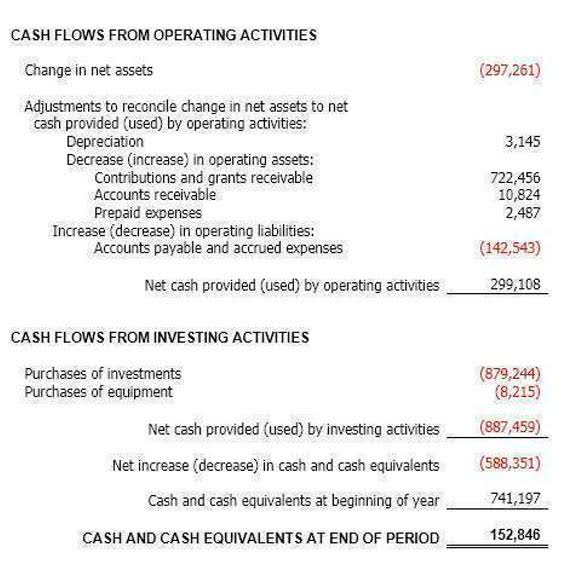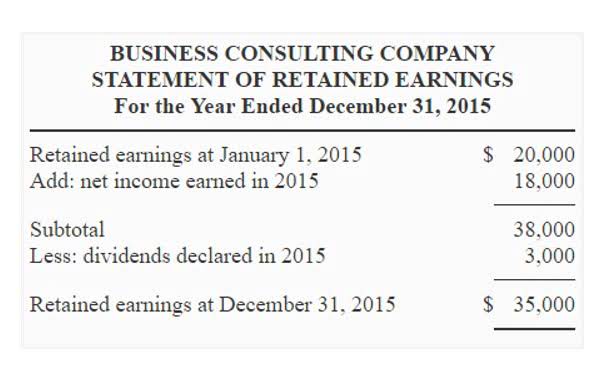A World of Exciting Ride-On Toys and RC Vehicles
6. Mai 2024*️ Lucky Crush I Grownup Dating ️ Belief Review, Bonus ️
6. Mai 2024
For that reason, you may want to consider offering a combination of fee structures in addition to retainer fees—including hourly billing, flat rates, and contingency fees. You will not have to pay a retainer if you are hiring a lawyer who charges on a contingent fee basis. A contingent fee arrangement is one where you pay only if you win your case.
- However, there is a basic structure followed in all retainer agreements.
- That’s because it gives clients the confidence that you’ll be there when you need them.
- An individual receiving the payment is called a retainer, service provider, expert, or consultant.
- A retainership provider or service provider is generally an expert in the relevant field, a lawyer, freelancer, or consultant.
- By understanding their intricacies, both professionals and clients can ensure a symbiotic relationship.
Is a retainer fee the same as a deposit?
- Litigation involves taking the dispute to court, where a judge (or jury) will decide.
- A retainer fee is an upfront payment to secure the services of a lawyer, consultant, freelancer, or other professional.
- For that reason, you may want to consider offering a combination of fee structures in addition to retainer fees—including hourly billing, flat rates, and contingency fees.
- In some cases, an attorney may simply charge a flat fee for handling the entire case in lieu of charging a client a retainer fee to secure their services.
- If this were to happen, the attorney would have to return the retainer paid by the client.
- The retainer fee is often an advance payment against which future costs are deducted as the lawyer works on the client’s case.
A contingency fee agreement provides that the lawyer does not get paid unless he wins the case. If the case ends in favor of the client, the attorney takes a percentage of the amount awarded by the court. Once a client signs a representation agreement with an attorney stipulating the retainer fee, the client is required to deposit the fee in a https://www.bookstime.com/ special account. Any time the attorney works on the case, he keeps track of the hours spent and invoices the client at the end of the month. A retainer fee is a down payment on a professional’s services to ensure you have priority. Retainer fees are usually charged by lawyers, accountants, and consultants to maintain their continued services.
The Role and Benefits of Retainer Fees
- To calculate the retainer fee, determine the number of hours that it will take to finish the project or provide the service.
- It depends on the industry of the professional you’re retaining the services of and their compensation expectations.
- They also have peace of mind in knowing that they’ll have a steady and reliable stream of income.
- Instead, the funds are simply prepayment for the legal work you’re requested.
- The majority of bar associations prohibit attorneys from charging a retainer fee that represents more hours than a case is likely to require.
ContractsCounsel is not a law firm, and this post should not be considered and does not contain legal advice. To ensure the information and advice in this post are correct, sufficient, and appropriate for your situation, please consult a licensed attorney. Also, using or accessing ContractsCounsel’s site does not create an attorney-client relationship between you and What is a Retainer Fee ContractsCounsel. Many lawyers accept credit cards so you can pay their fees including retainers easily through payment processing. If the lawyer does not use up the whole amount because they finish early or do less work, then the client may get their unearned retainer back. Lawyers must show that they have done enough work before taking money out of this fund.

either in a flat fee or with a retainer, do attorneys charge for wait time in court/travel time to and from?
With a clear fee structure in place, clients can have peace of mind knowing that their lawyer’s services are secured and priorities established. If you’re entering into a retainer agreement or facing a dispute related to one, it’s advisable to consult with a professional. A contract lawyer can guide drafting, understanding, or disputing retainer agreements, ensuring your rights and interests are protected. The retainer fee must be held in a trust account, then drawn out as the professional invoices for the money. If the retainer fee isn’t placed in a trust and is placed in a business or personal account, there can be legal repercussions.
Need a Contract Lawyer in your Area?

The attorney should provide a retainer agreement detailing the retainer fee and how to proceed if the fee is depleted. If a lawyer charges $200 per hour and the parties estimate that the case will take a minimum of 30 hours, the client may be required to deposit a $6,000 retainer fee. Once you pay the retainer fee, the attorney begins working on your case. The fee serves as a reservoir from which the lawyer draws their hourly rate or fixed charges. For instance, if you’re seeking assistance from a Criminal Defense Attorney in Alhambra, the retainer ensures they are dedicated to your defense without financial interruptions. Retainer fees provide a multitude of benefits to law firms, from promoting stronger client relationships to improving cash flow.
Earned Retainer Fees vs. Unearned Retainer Fees
At LegalMatch, we’re committed to connecting you with the right legal professional to assist with your specific needs. Our nationwide network of experienced attorneys is well-versed in various legal areas and can provide the guidance you need. You provide a brief description of your legal issue, and we match you with attorneys who have the right expertise.
Example of a Retainer Agreement

This fee is paid to a professional in return for their reputation and expertise. If excessive legal fees are involved, it can be a major issue in a retainer agreement. If an attorney charges more than what was agreed upon or if the fees seem unreasonably high for the services rendered, this could constitute a violation of the agreement. In some jurisdictions, it can also be seen as a violation of professional ethics and could potentially result in disciplinary action against the attorney. A retainer agreement violation occurs when either the attorney or the client fails to adhere to the terms outlined in the retainer agreement. An experienced attorney might charge a higher hourly rate but do the work more quickly.

Mit dem Laden des Videos akzeptieren Sie die Datenschutzerklärung von YouTube.
Mehr erfahren
- A security retainer is a pre-payment for legal services, ensuring that the client has funds available for potential legal fees.
- Her work has appeared on Forbes, CNN Underscored Money, Investopedia, Credit Karma, The Balance, USA Today, and Yahoo Finance, among others.
- Once the retainer fee is paid, the lawyer can protect the client from unforeseen circumstances during or before the business transactions.
- Shelling out a certain amount towards a monthly retainer fee can be a tedious task.
After considering the client’s legal needs, the lawyer will then often present the prospective client with a fee agreement. The majority of bar associations prohibit attorneys from charging a retainer fee that represents more hours than a case is likely to require. Clients maintain the right to end legal representation whenever they want during the contract if they are unhappy with the attorney. The agreement is normally made for a year and then renewed based on last year’s services.

How the Retainer Trust Account Works
This fee is like a down payment but for a service rather than a material purchase. It acts as an agreement to work with the client, but it’s not necessarily a payment for the entire service. Lawyers sometimes ask for money up front in the form of a security retainer or advanced payment retainer.
